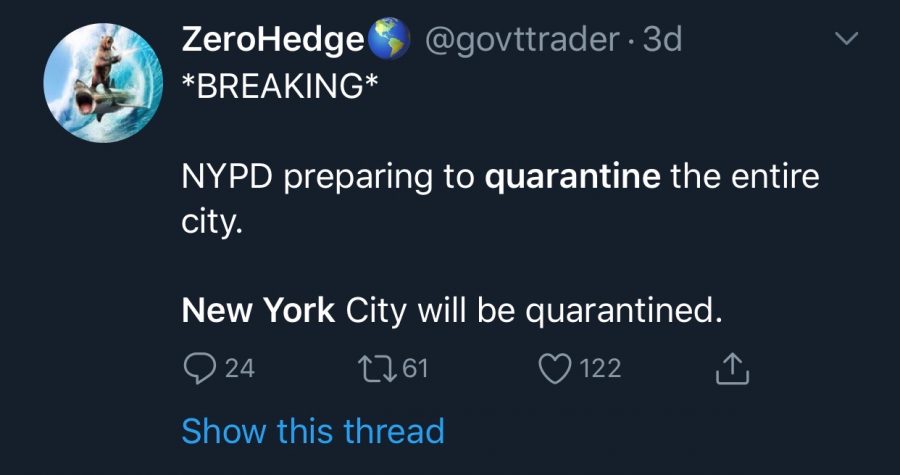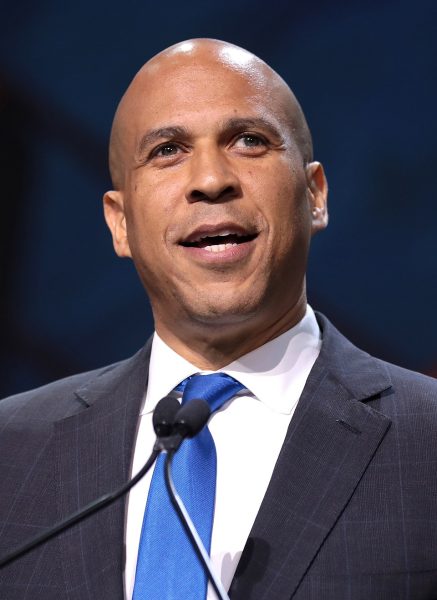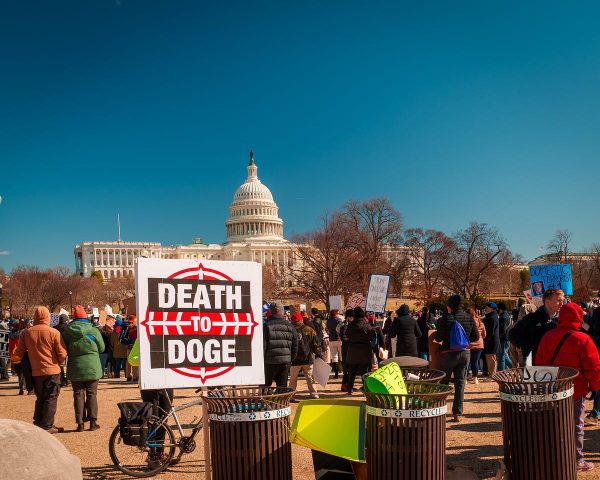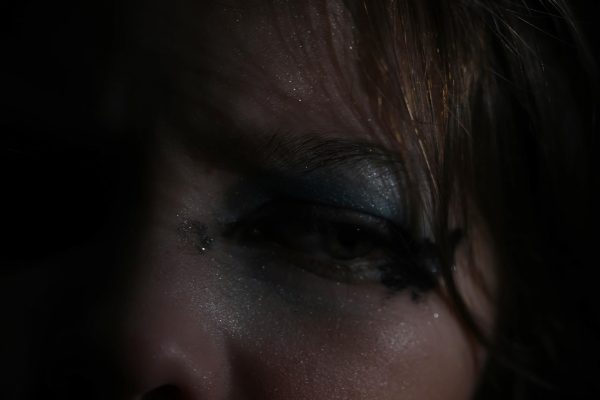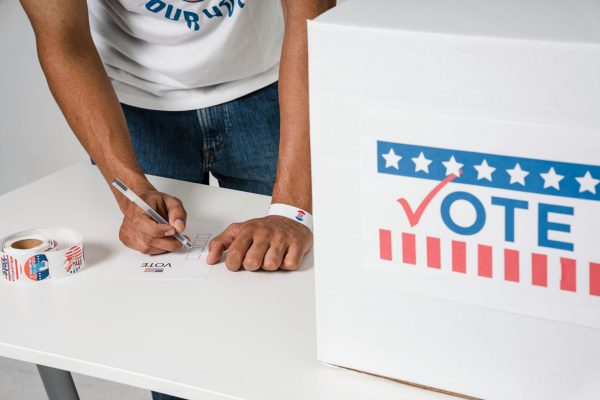False Claims And Overreacting On Social Media Leads To COVID-19 Panic Across The Nation
More Americans are getting in the habit of going straight to social media and sharing anything they hear, whether it actually be true or not. We can see this with the coronavirus going on, and an example is when a rumor started that New York City would go on a city-wide quarantine lockdown. After multiple people shared the information, officials had to come out and announce how the information was false.
Misleading information is spreading faster than the coronavirus.
We live in a world where Twitter and social media becomes our unreliable source for information.
With the COVID-19 outbreak now in the United States, Americans’ reactions on social media are increasing havoc across the nation. While there should be concerns taken seriously about the virus, false information about the coronavirus is spreading across social media.
The first case of COVID-19 in the U.S. was announced on Jan. 21 in Washington State. As of Sunday morning, the amount of cases has risen to at least 2,815 cases within 49 states in the U.S. Since the first case of the virus has entered the U.S., concerns flooded Twitter, Facebook, and other forms of social media.
Throughout social media, users make claims such as how the virus is killing everyone who it infects and how everything needs to be shut down This is resulting in people across the nation to panic due to the virus being blown over on social media. Results of this are users obtain false information, become over-worrisome, and are even causing toilet paper and hand sanitizer shortages.
The media makes coronavirus out to be a highly deadly virus that is causing the entire world to be shut down, ruining mankind when in reality, it is very similar to the common flu for relatively healthy people. As long as you don’t have major health problems, symptoms will be very mild. To back up my claim, a study published Feb. 18 by the Chinese Center for Disease Control and Prevention states that about 81% of people infected with COVID-19 have mild cases with a fever and cough as the main symptoms. About 13.8% of cases have been reported as a severe illness, meaning they have shortness of breath or need supplemental oxygen. About 4.7% of cases are critical, meaning they face respiratory failure, septic shock or multi-organ failure. The data also states that so far, only around 2.3% of the cases have been fatal. The only people who need to worry about contracting the virus are people who are elderly, have health problems, compromised immune systems, or have cancer.
What isn’t made clear on social media is the reason why exactly there are being so many shutdowns and events canceled due to the virus. The reason to be concerned about coronavirus is not because of how deadly it is, but because it is highly contagious and spreads extremely rapidly. The amount of cases when it first entered the U.S. has risen to almost 3,000 cases in less than two months. The government hopes for minimizing human interaction so we can “flatten the curve,” or the number of people who get infected. “The ideal goal in fighting an epidemic or pandemic is to completely halt the spread. But merely slowing it — mitigation — is critical,” Drew Harris, a population health analyst at Thomas Jefferson University in Philadelphia, told the New York Times.
Don’t think that I am saying that there is no reason to worry about the coronavirus. I myself, am making sure that I practice proper social distancing and am being very aware of who and what I am around. The argument I am trying to get across is while we should be alarmed by the virus and concerned, there is no need to turn to social media and make false accusations without doing research. This isn’t the only case when society has turned to social media to make false claims and believe the first thing they see that pops up in their feed. We just need to be more mindful and aware of where we are getting our information.

